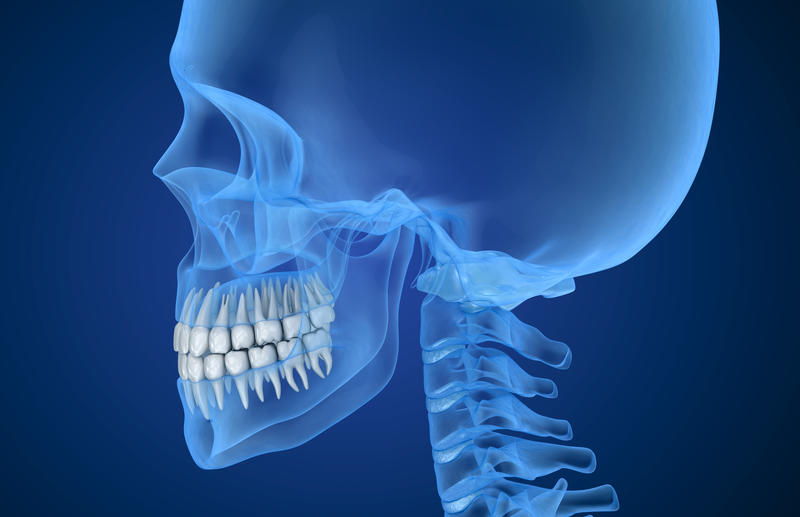
Managing temporomandibular disorders (TMD) and orofacial pain is a complex dental problem. You will leave this mini-residency prepared to correctly diagnose TMD and orofacial pain, integrate scientifically-proven treatment plans, assemble a multidisciplinary care team, and build a referral system that works for your patients and practice.
Register for Upcoming Sessions
January 25, 2024 8:00 am - January 26, 2024 5:00 pm
All times for all events are in local Central Time.
Session Location:
Lynda J. Young Conference Room
6-410 Moos HS Tower
Minneapolis Campus
Course Number: CF4031
Enrollment is limited to 32
Learn How To
- Differentiate temporomandibular disorders from other orofacial pain disorders
- Determine the relationship between occlusion, bruxism, and temporomandibular disorders
- Establish the association between cervical disorders and orofacial pain disorders
- Complete a comprehensive pain history and complete a thorough examination of temporomandibular disorders and orofacial pain disorders
- Assess the types of imaging needed in the diagnosis of temporomandibular disorders
- Consider how clinical psychologists serve on the team when managing orofacial pain disorders
- Analyze how physical therapists assist in managing orofacial pain disorders
- Determine the role of pharmacology in managing orofacial pain disorders
Topics
- Orofacial pain and temporomandibular disorders
- Classification of orofacial pain
- Patient communications regarding pain
- Ethical considerations in prescribing and pain management
- Considerations of the differential diagnosis of orofacial pain
- Pain referral in the head and neck
- History and examination of the TMD/orofacial pain patient
- Psychology of orofacial pain
- Physical self-regulation for the chronic orofacial pain patient
- Imaging for the TMJ
- Occlusion, TMD, and joint stability
- Normal TMJ anatomy and biomechanical function
- Intracapsular disorders of the TMJ—etiology and treatment considerations
- Differential diagnosis and management of muscle pain disorders
- Current concepts of sleep-related bruxism
- Considerations for occlusal appliances for the management of muscle pain disorders
- Oral medicine considerations of orofacial pain
- Management of orofacial pain through physical therapy
- Differential diagnosis and etiology of intracapsular TMJ disorders
- Management of intracapsular TMJ disorders
- Occlusal appliance considerations
- Differential diagnosis and management of the non-odontogenic toothache
- Pharmacologic considerations for orofacial pain
- Non-odontogenic toothache as it relates to neuropathic pain—diagnostic and therapeutic injections
Training Methods
Illustrated presentations, case studies, patient-based hands-on exercises, and discussion